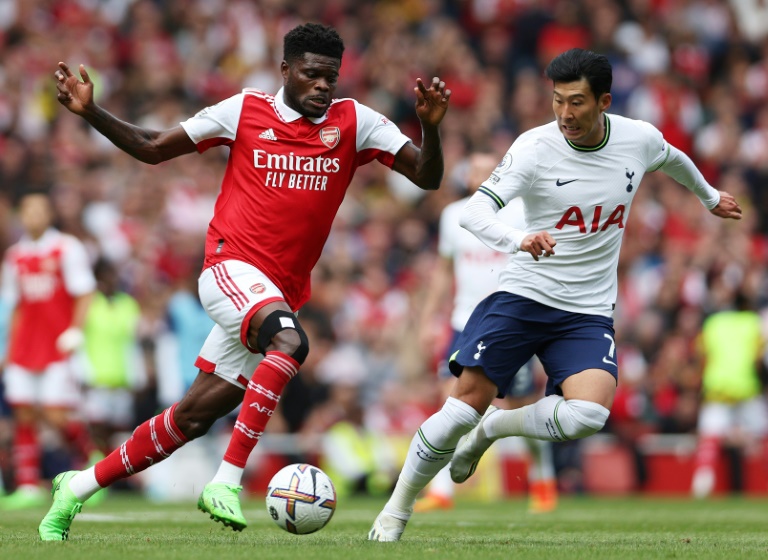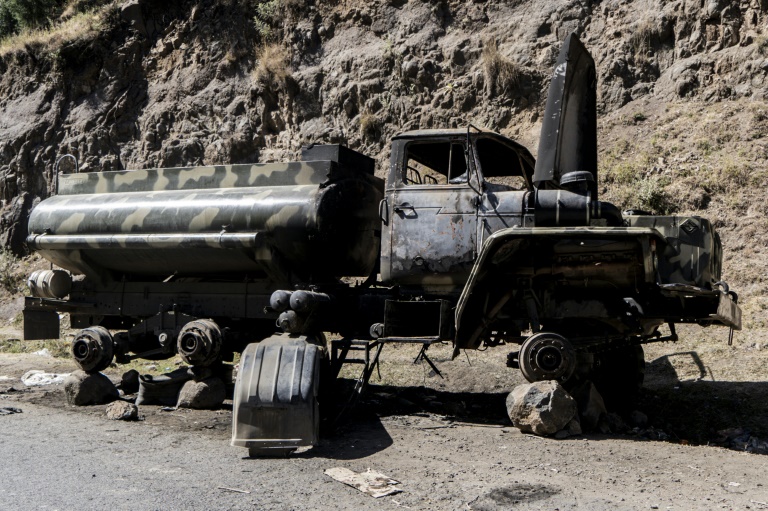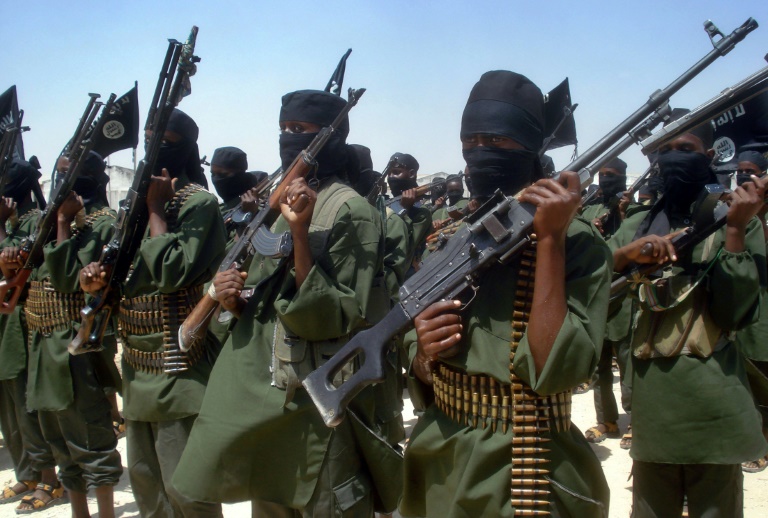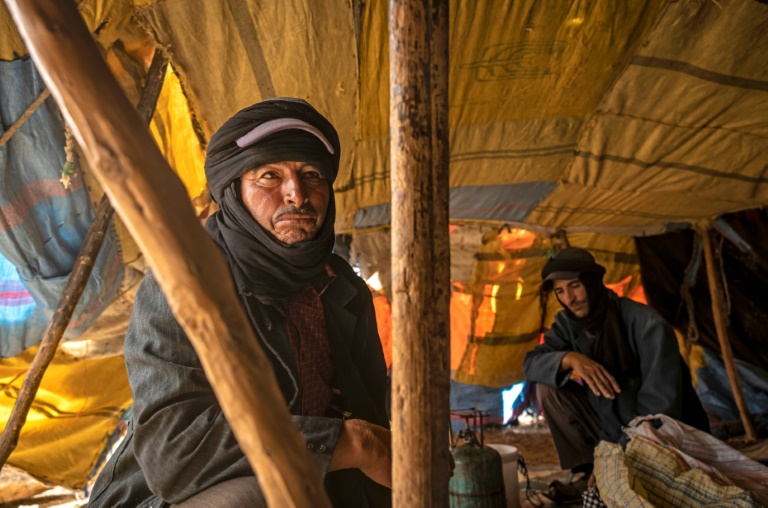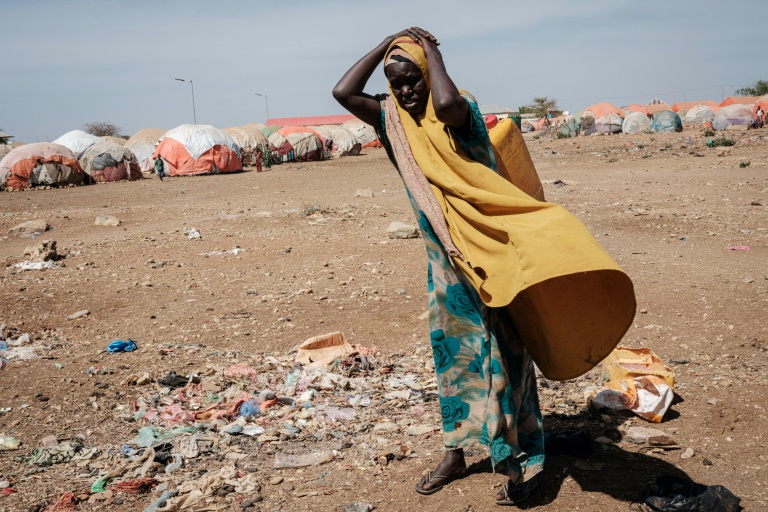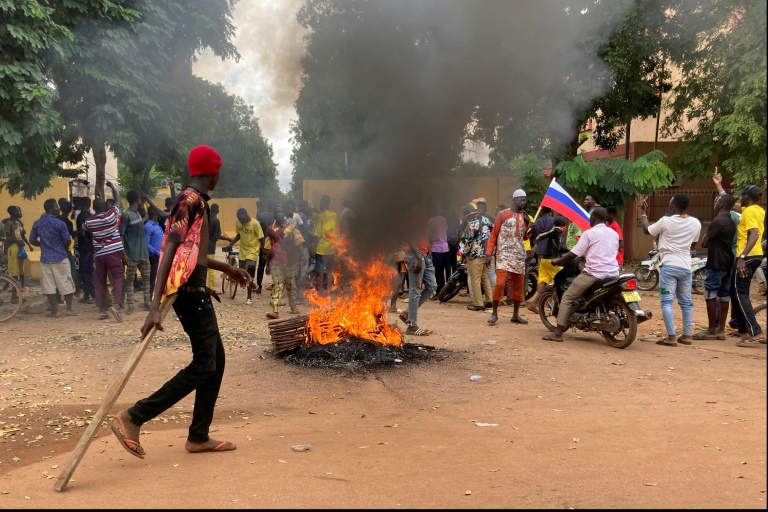African playes in Europe: Partey ends his Arsenal goal drought
Ghana midfielder Thomas Partey scored his first Premier League goal since March for Arsenal, whose 3-1 derby win over Tottenham Hotspur at the weekend kept them top of the table.
In another clash between London clubs, retired Gabon forward Pierre-Emerick Aubameyang bagged his maiden goal for new club Chelsea in a 2-1 win at Crystal Palace.
Usually prolific Mohamed Salah continues to struggle with Liverpool this season. The Egyptian failed to score in a 3-3 draw with Brighton — he has netted just two league goals in seven matches.
Here, AFP Sport highlights African headline-makers in the major European leagues:
ENGLAND
THOMAS PARTEY (Arsenal)
He opened the scoring as the leaders enjoyed an impressive win against north London rivals Tottenham. Partey struck at the Emirates Stadium in the 20th minute with a superb first-time curler into the top corner from 25 yards. Mikel Arteta’s side went on to secure their seventh win from eight league games this season to retain a one point lead over Manchester City.
PIERRE-EMERICK AUBAMEYANG (Chelsea)
The Gabon striker scored his first goal for Chelsea following his move from Barcelona as the Blues won at Crystal Palace. Former Arsenal star Aubameyang had gone without a goal in his first two games since returning to England on transfer deadline day. But the 33-year-old ended his wait to get on the scoresheet in the 38th minute at Selhurst Park, spinning to fire home.
SPAIN
INAKI WILLIAMS (Athletic Bilbao)
Fresh from making his international debut for Ghana, Williams put up a barnstorming performance to help Bilbao romp to a 4-0 win over Almeria. Williams opened the scoring in the 10th minute with a glancing header from a cross provided by his brother Nico. He had another well-taken goal ruled out for a marginal offside, and then set up Nico for the third goal.
ITALY
ADEMOLA LOOKMAN (Atalanta)
Nigeria forward Lookman made sure that Atalanta stayed level on points with Serie A leaders Napoli with the only goal in a 1-0 win over Fiorentina. London-born Lookman netted his second goal of the campaign and his first since the opening weekend of the season when he tapped in the winner from Luis Muriel’s low cross.
FODE BALLO-TOURE (AC Milan)
Left-back Ballo-Toure has been made a fringe player at AC Milan by Theo Hernandez, but the Senegal international had a huge hand in their thrilling 3-1 win at Empoli. The 25-year-old wept with joy after putting Milan back ahead with his first league goal in the fourth minute of stoppage time, just two minutes after Nedim Bajrami curled home what he thought was the free-kick which would earn Empoli a point.

